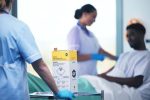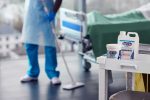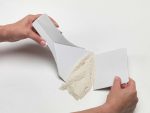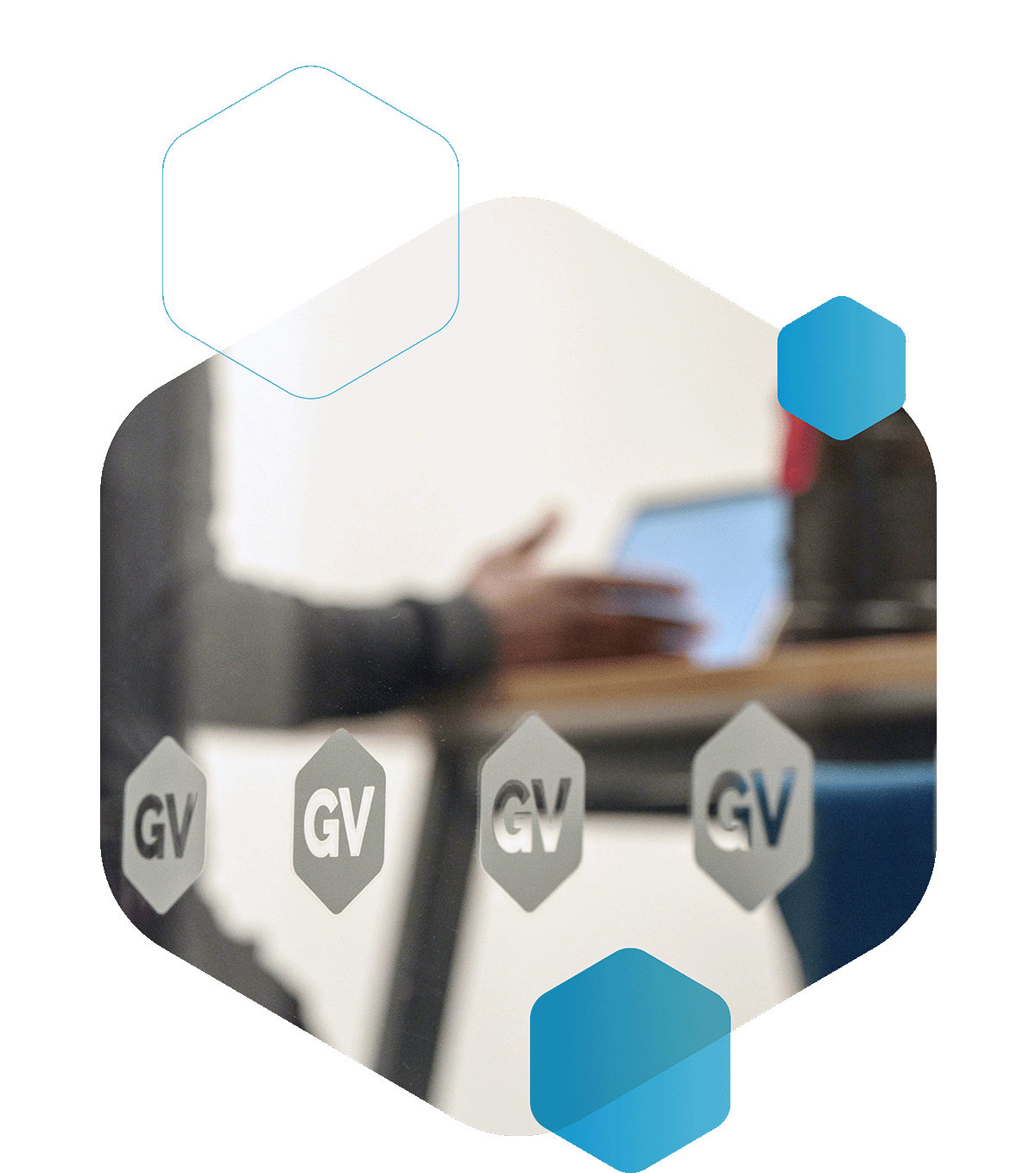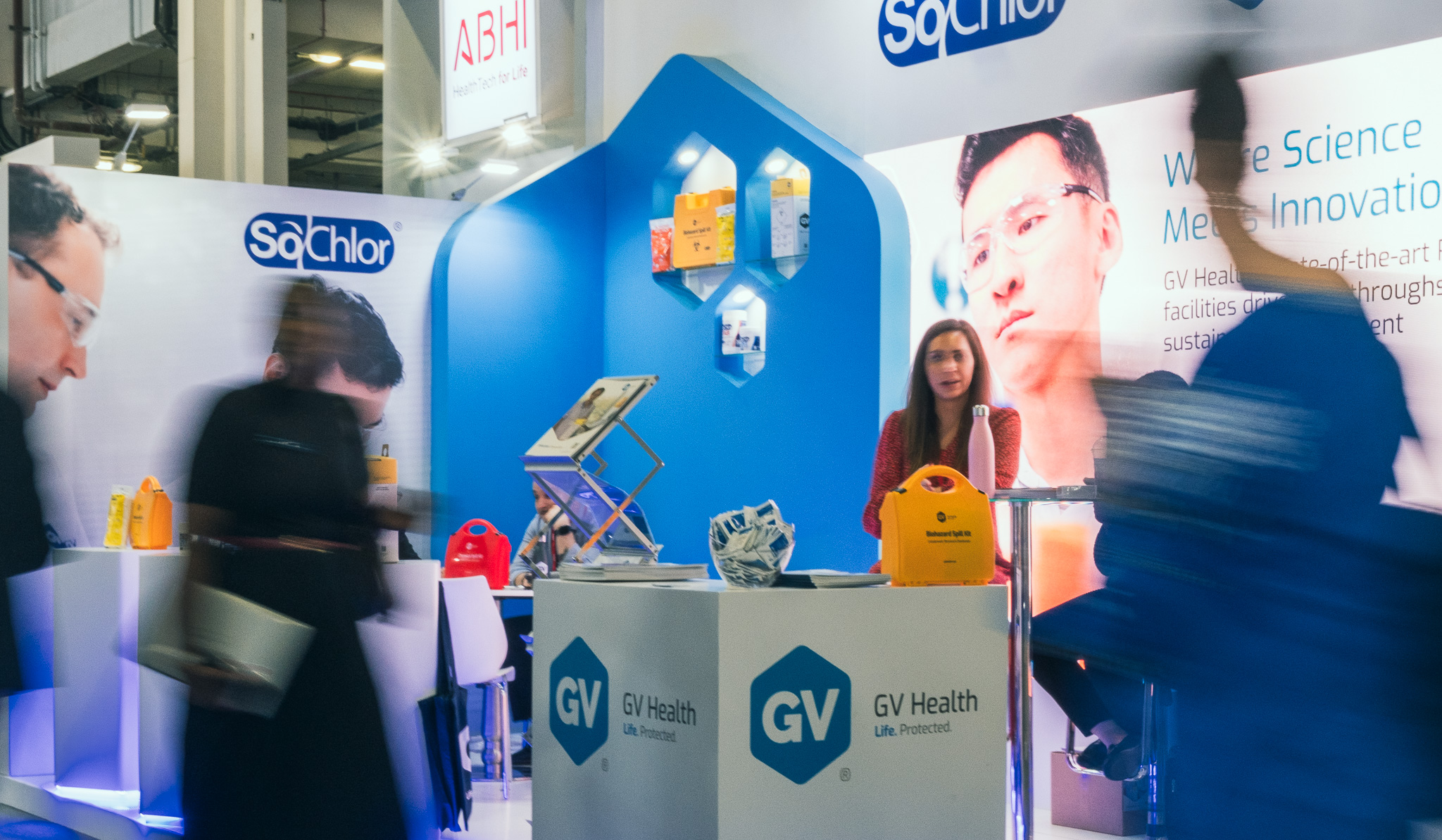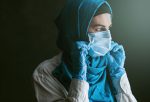The Middle East is facing a cancer epidemic with the number of cases expected to double by 2030 unless authorities take action according warnings issued by the World Health Authority in 2016. This would make the rate of growth in cancer cases higher than in any other part of the world. The adoption of a Western lifestyle and diet, more young people smoking, obesity, a high prevalence of hepatitis C infection and industrial and agricultural pollution are cited as the main contributory factors to this trend.
As the incidence of cancer treatment increases in the Middle East the use of anti-cancer medications has also rapidly increased. Anti-cancer medications include all toxic compounds known to have carcinogenic, mutagenic and/or teratogenic potential including cytotoxic, cytostatic, chemotherapy and oncology drugs. The range of chemicals used in medical, dental and veterinary treatments of cancer in addition to laboratory and other processes such as forensics is increasing rapidly as research identifies new treatment possibilities.
All oncology medications require a range of special precautions to be taken during handling, disposal and in the event of spillages. leading to further safety management, spillage cleaning and disposal challenges. Unfortunately, the rapid growth of cancer treatment in the region has meant that drug handling and disposal practices in the Middle East have not always kept pace with current research and understanding about the safety risks of handling and disposal of oncology treatment medicines.
In most acute treatment locations specific safety regulations and/or guidelines apply covering the disposal of unused oncology and anti-cancer medicines and of any spillages suspected of containing these substances. However, as cancer treatments have become more widespread and treatment is no longer exclusively administered in dedicated healthcare facilities, the risk of spillages of a wide range of laboratory and medical use chemicals and cytotoxins has increased significantly. Storage, transportation and distribution are all areas which have experienced a growth in spillage incidents as are clinics, nursing and care homes and even private residences where treatments are administered.
Awareness of the need for a robust strategy for the management of oncology drug spills is generally good among cancer treatment specialists. However, among non-specialists particularly in the public health arena there is still much work to be done to raise awareness and implement good practice.
The Saudi National Guard hospitals are among the regional leaders in raising awareness of this issue and implementing good practice. GV Health have collaborated with senior oncology nursing experts at MNGHA hospitals. As a result, new neutralisers and new PPE tested specifically for handling cytotoxic substances have been developed and are now in use at Saudi National Guard hospitals.
Both in healthcare facilities and public health settings, current research and evidence shows that specialist, dedicated cytotoxic and chemotherapy spill and disposal products are the most effective solution to the implementation of good practice for cytotoxic spill clean-up and disposal. Dedicated drug spill and disposal products ensure safe and effective clean up and removal while providing protection for staff and patients who may otherwise be accidentally exposed to these medicines.
Cytotoxic spill packs are a single use pack for rapid, safe removal of spillages of cytotoxic drugs on hard surfaces, mainly in healthcare settings such as hospitals and clinics. Cytotoxic spill packs are an ideal solution for outpatient areas, wards and pharmacies and for use in specialist transport when anti-cancer drugs are carried between these locations. The small pack makes it easy to keep ready for use in all areas and ensure accessibility where it may be needed. The one use pack format prevents fragmentation of components and ensures all items are present when opened.
Multiple use cytotoxic drug spill kits are used for drug spillages in non-healthcare settings including homecare. Lightweight and portable for intensive and frequent use on multiple and/or large scale spillages, kits include absorbent pads and sterile water. Cytotoxic drug spill kits can be used to clean up powder and liquid cytotoxic spills on both soft and hard surfaces.
It is essential that consideration is, in addition, given to the safe management of oncology drug waste which requires the use of colour-coded waste bags printed with UN approved markings.
Given the high level of risk attached to over-exposure of healthcare staff, patients and others to anti-cancer medicines it is vital to ensure that the practices followed by responsible organisations and authorities comply with WHO guidelines for safe clean up, handling and disposal of cytotoxic substances. It is therefore essential to work with a reliable partner in this field, who has an understanding of the issues involved and can demonstrate that they possess the necessary expertise.
